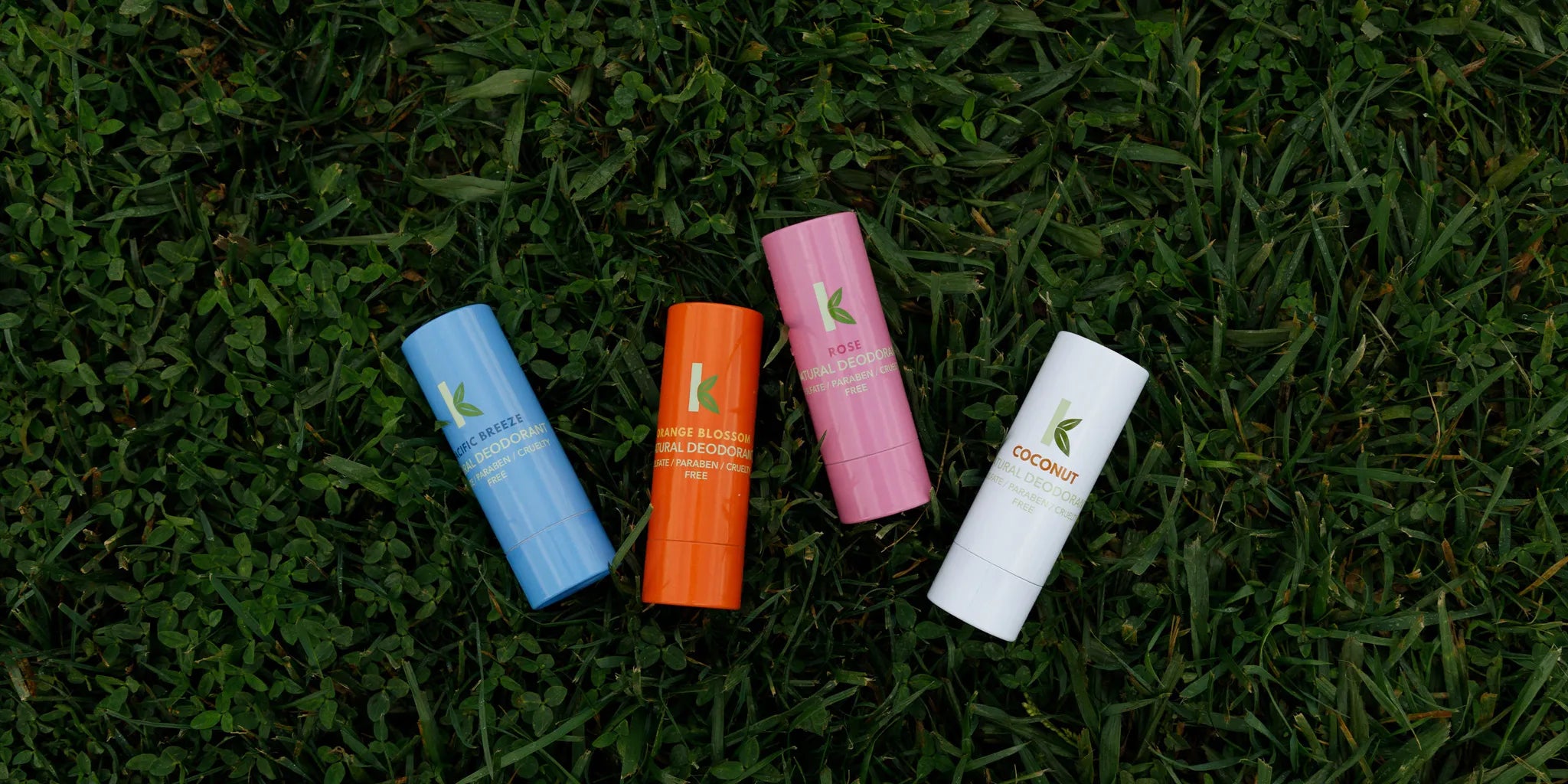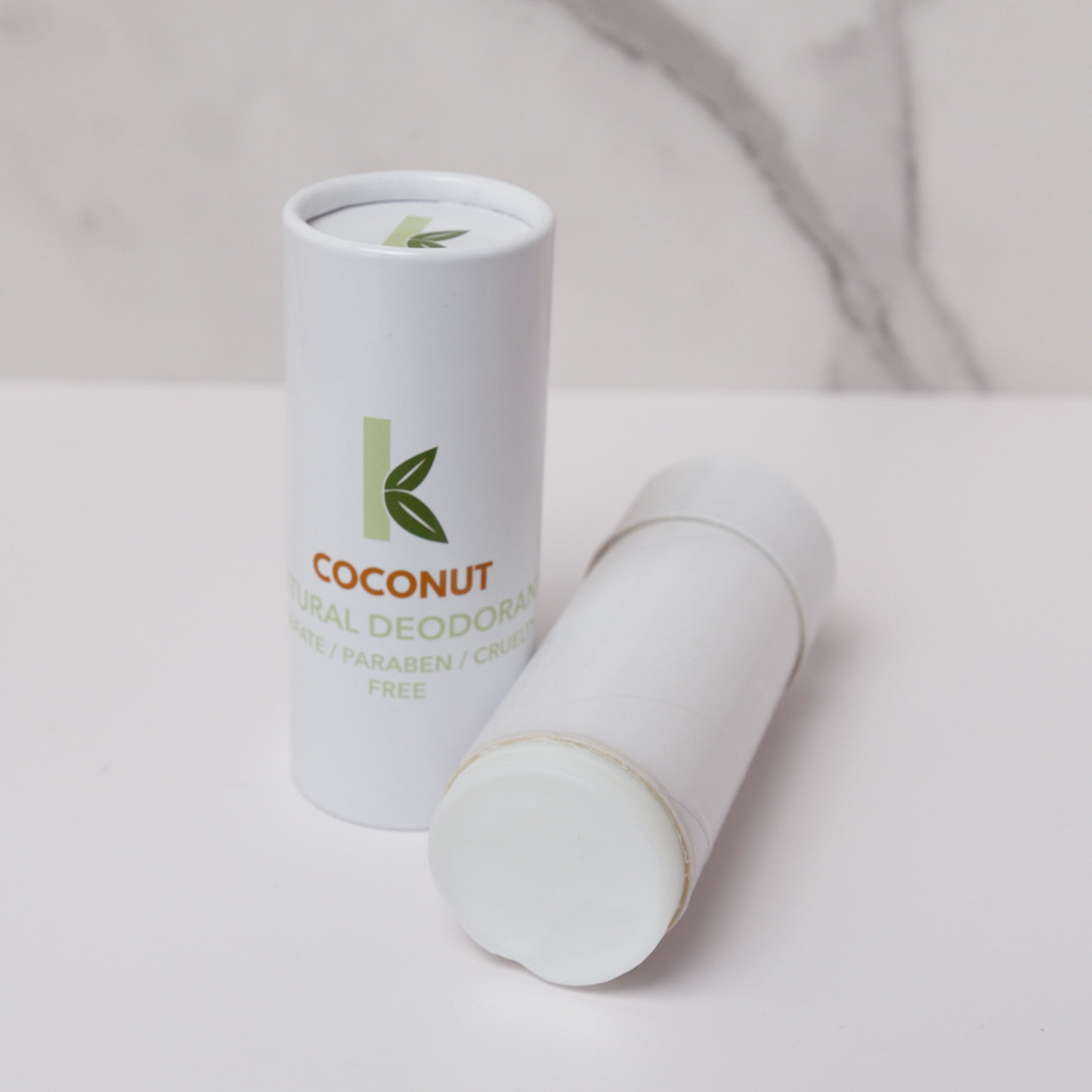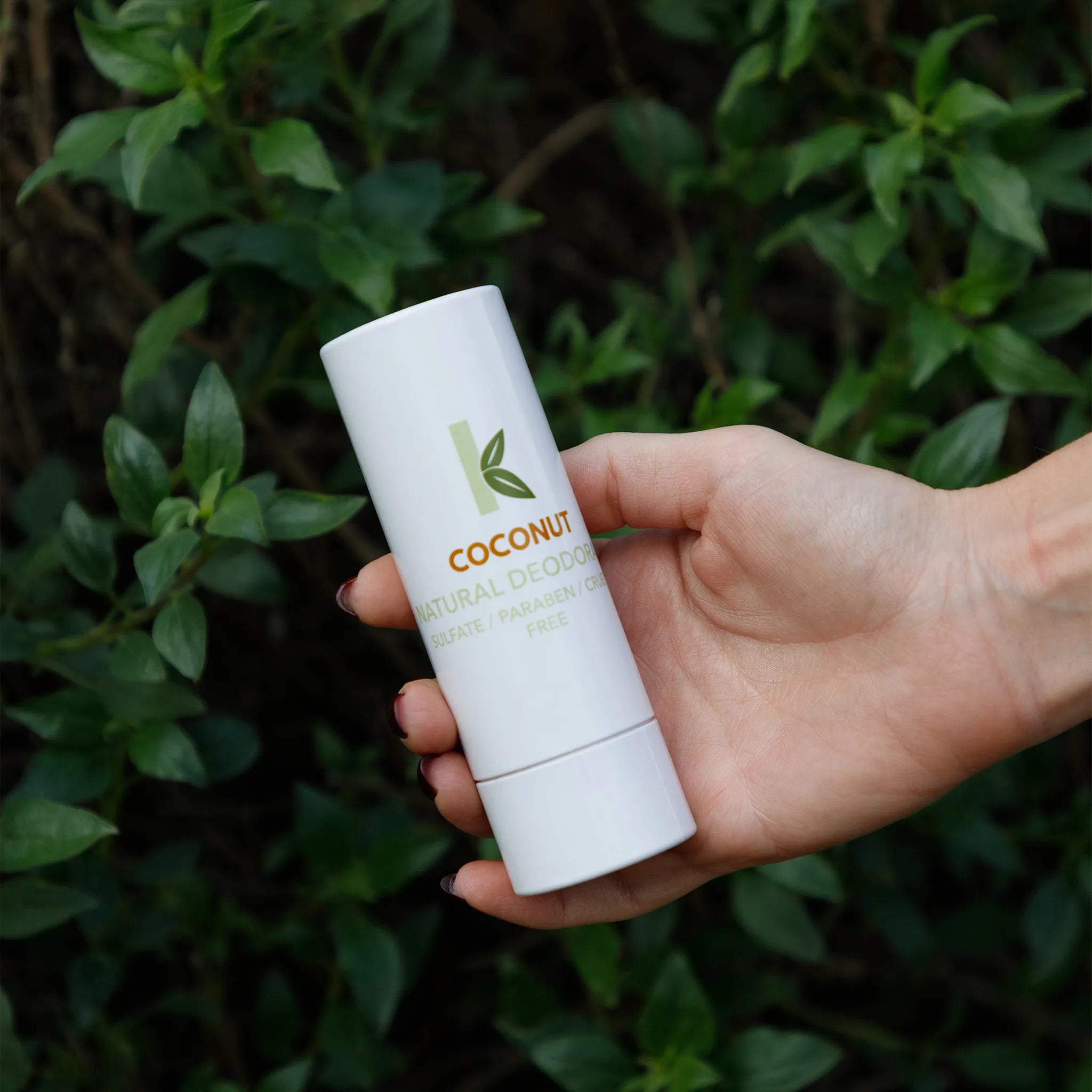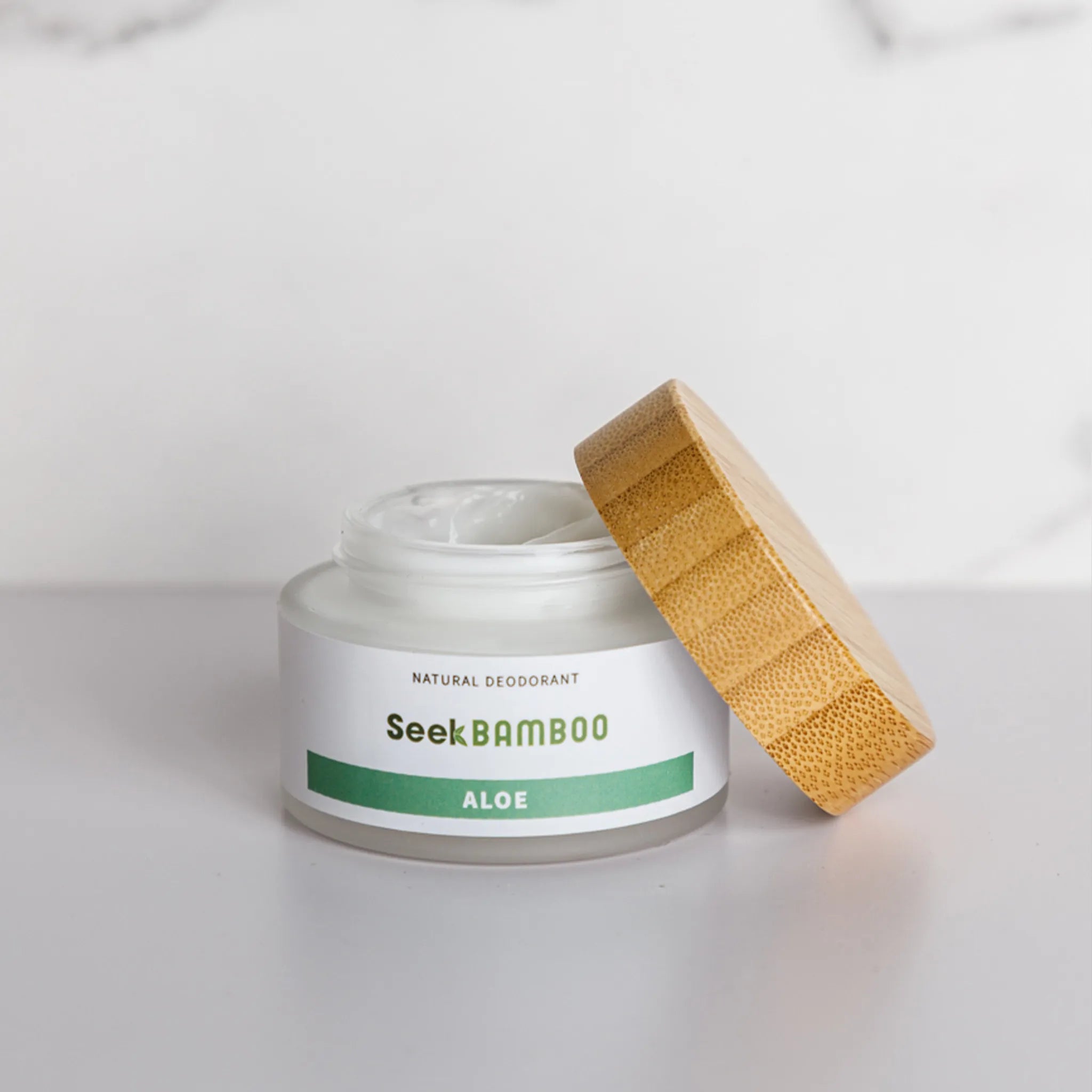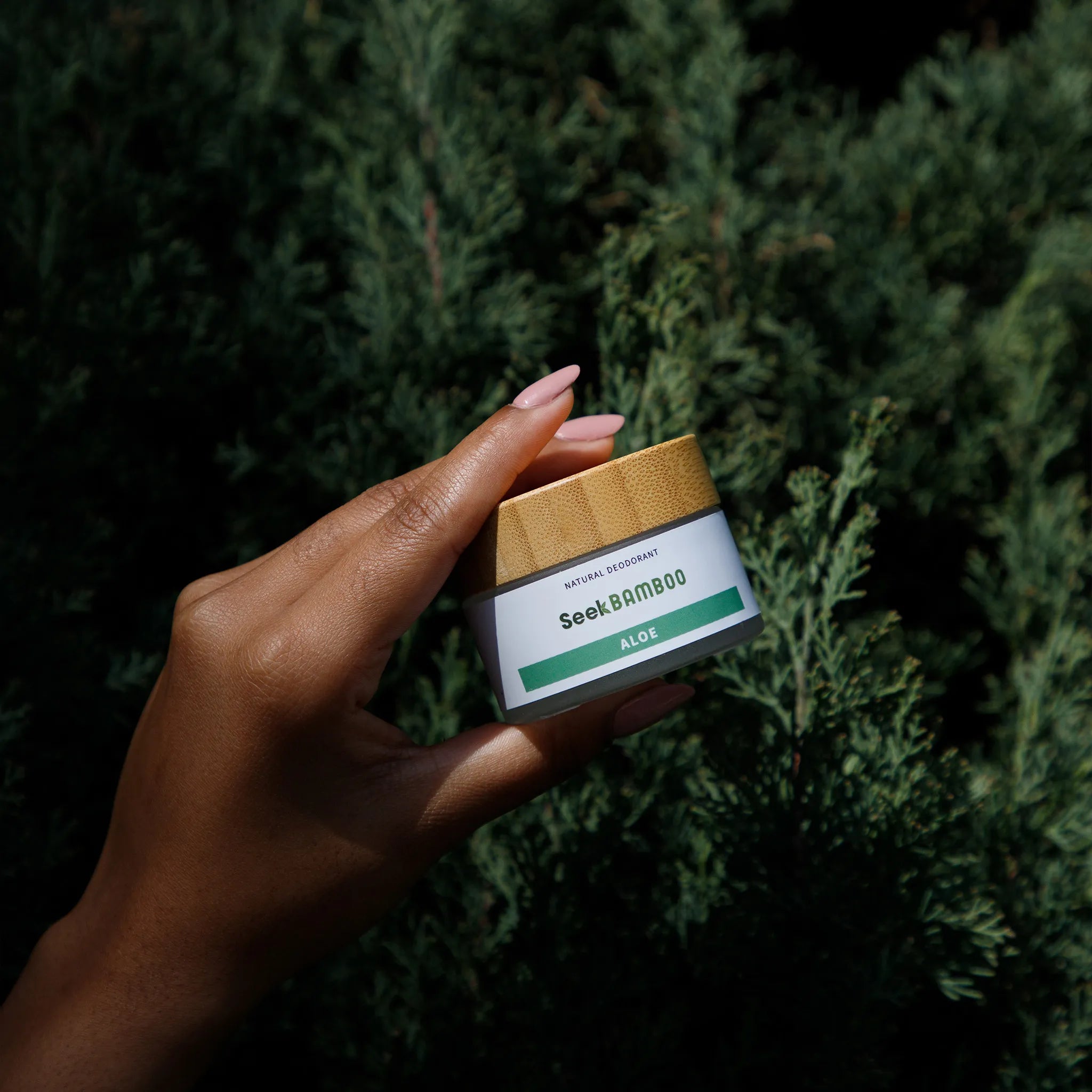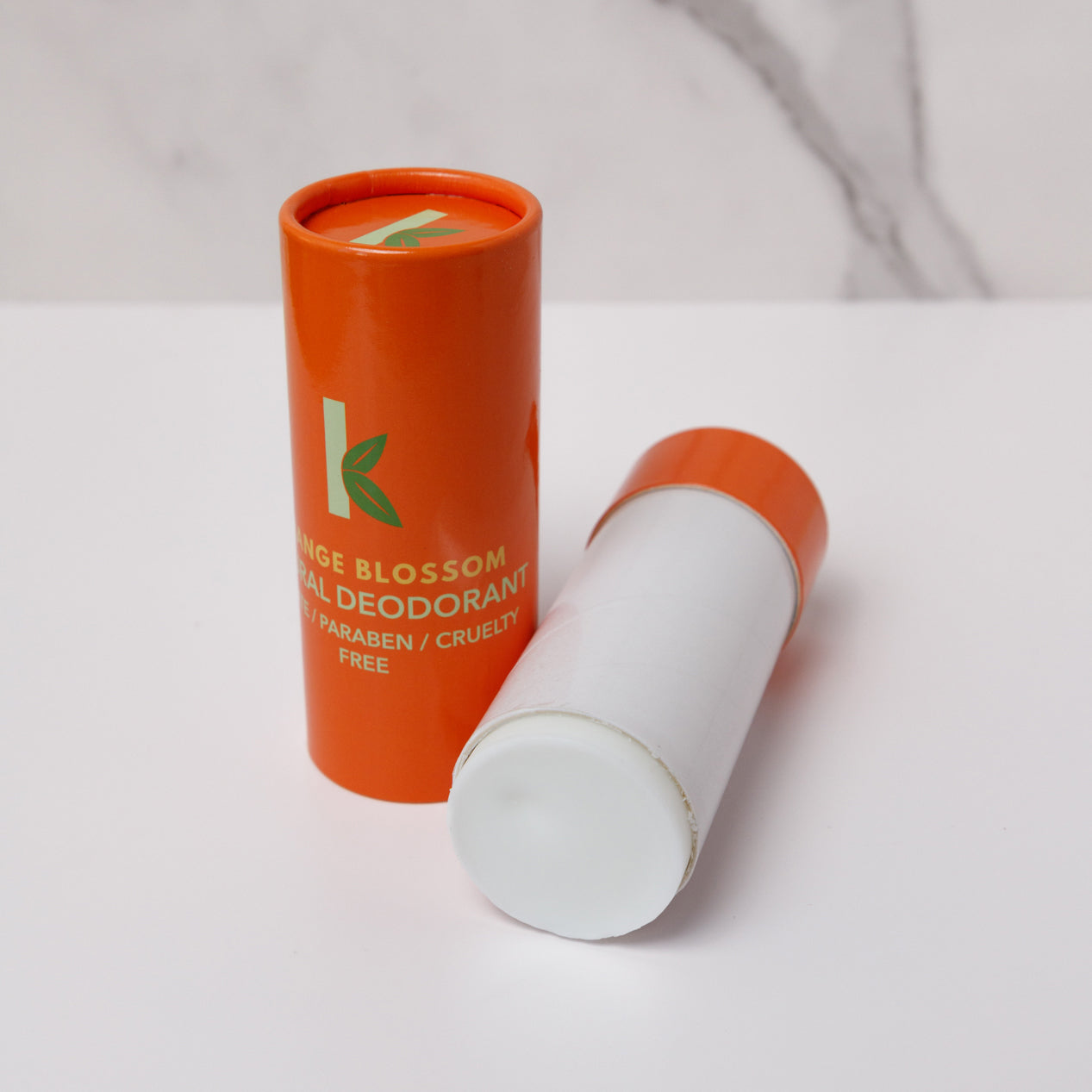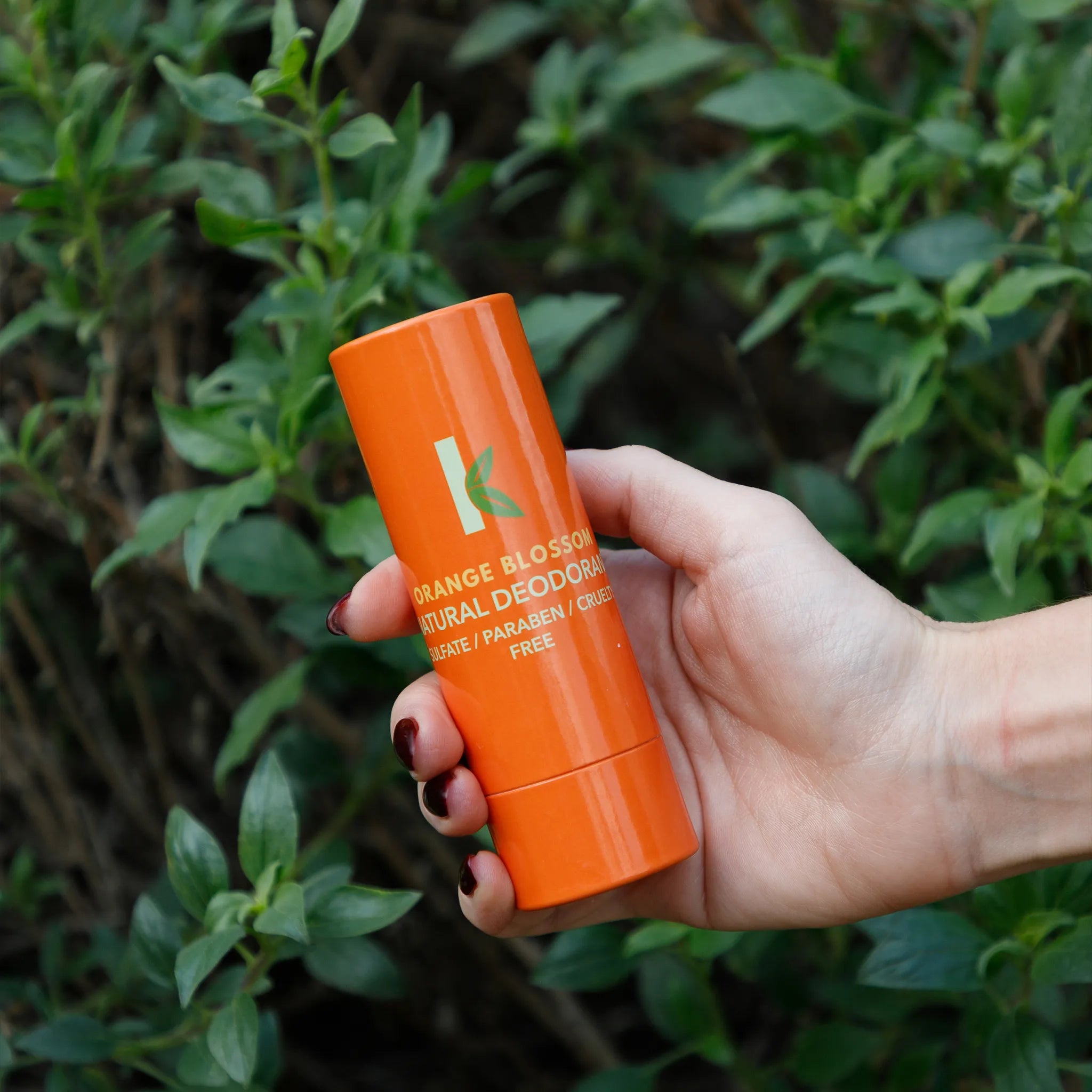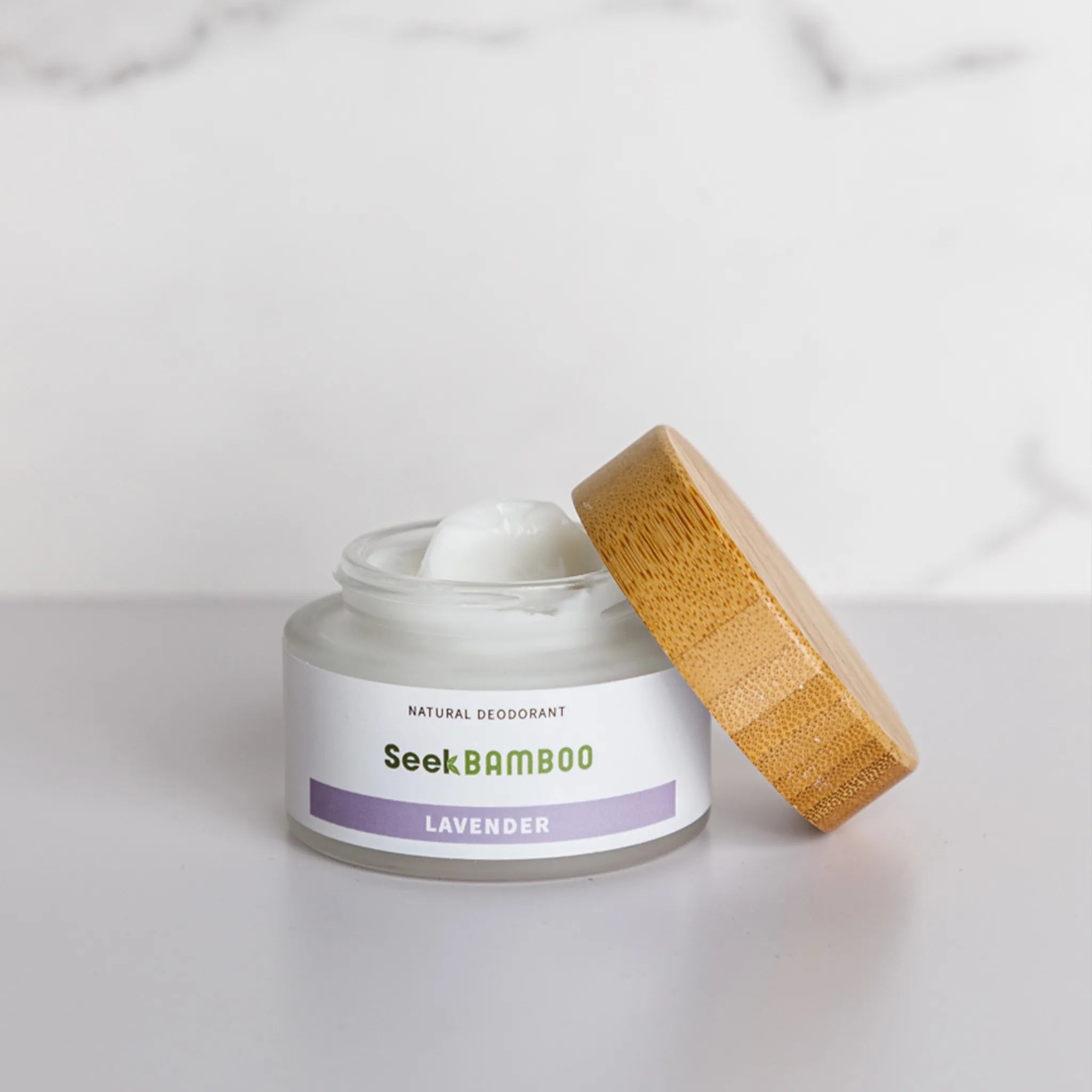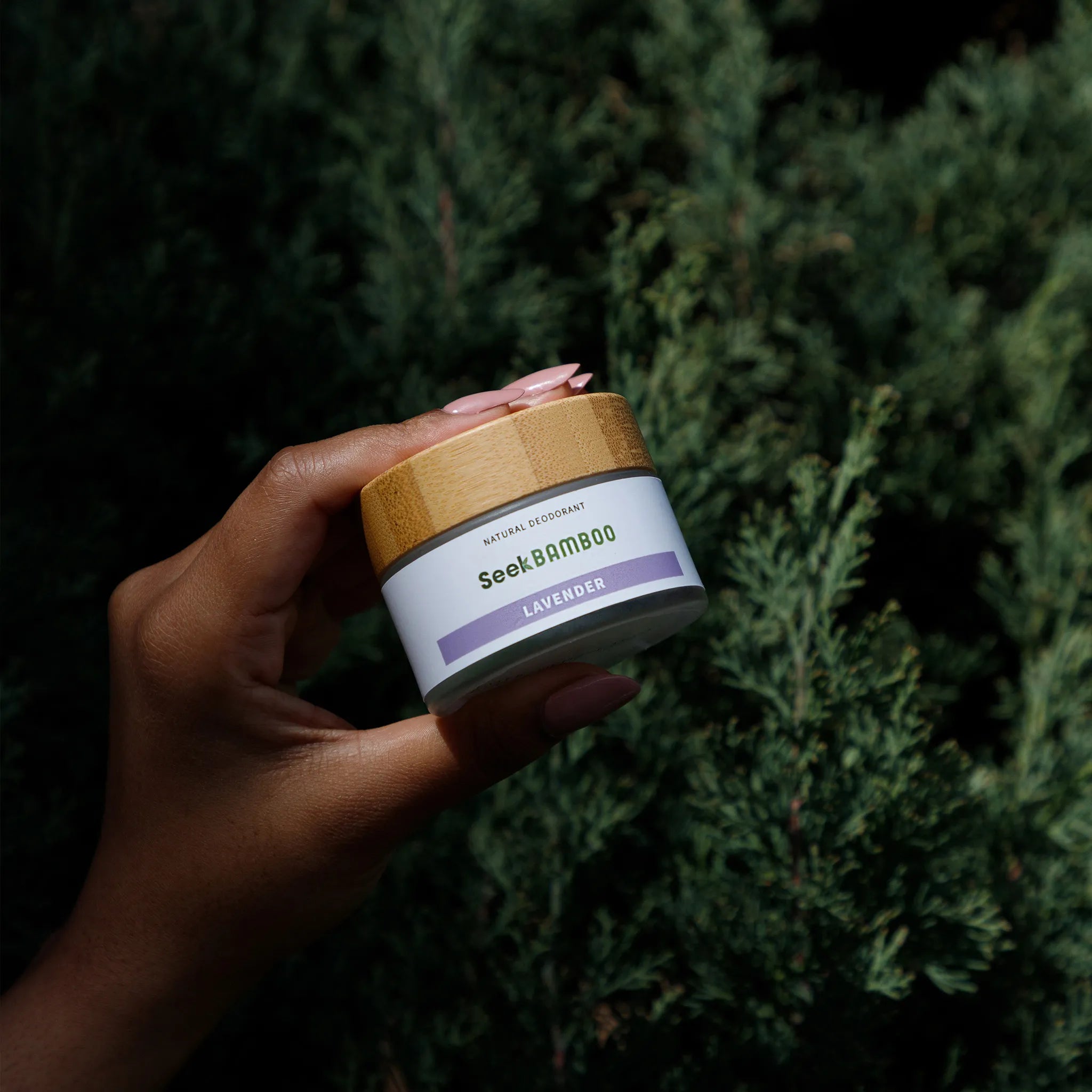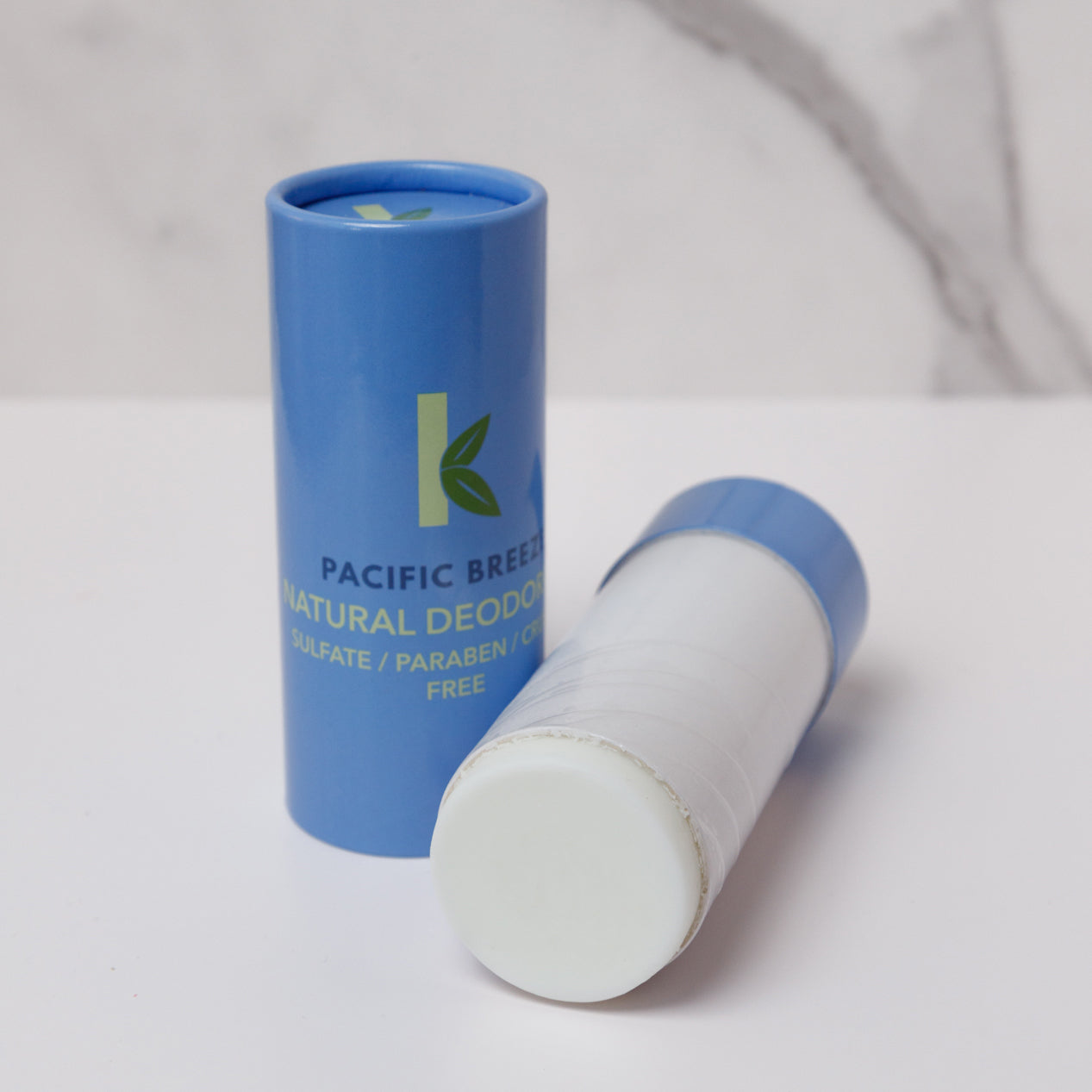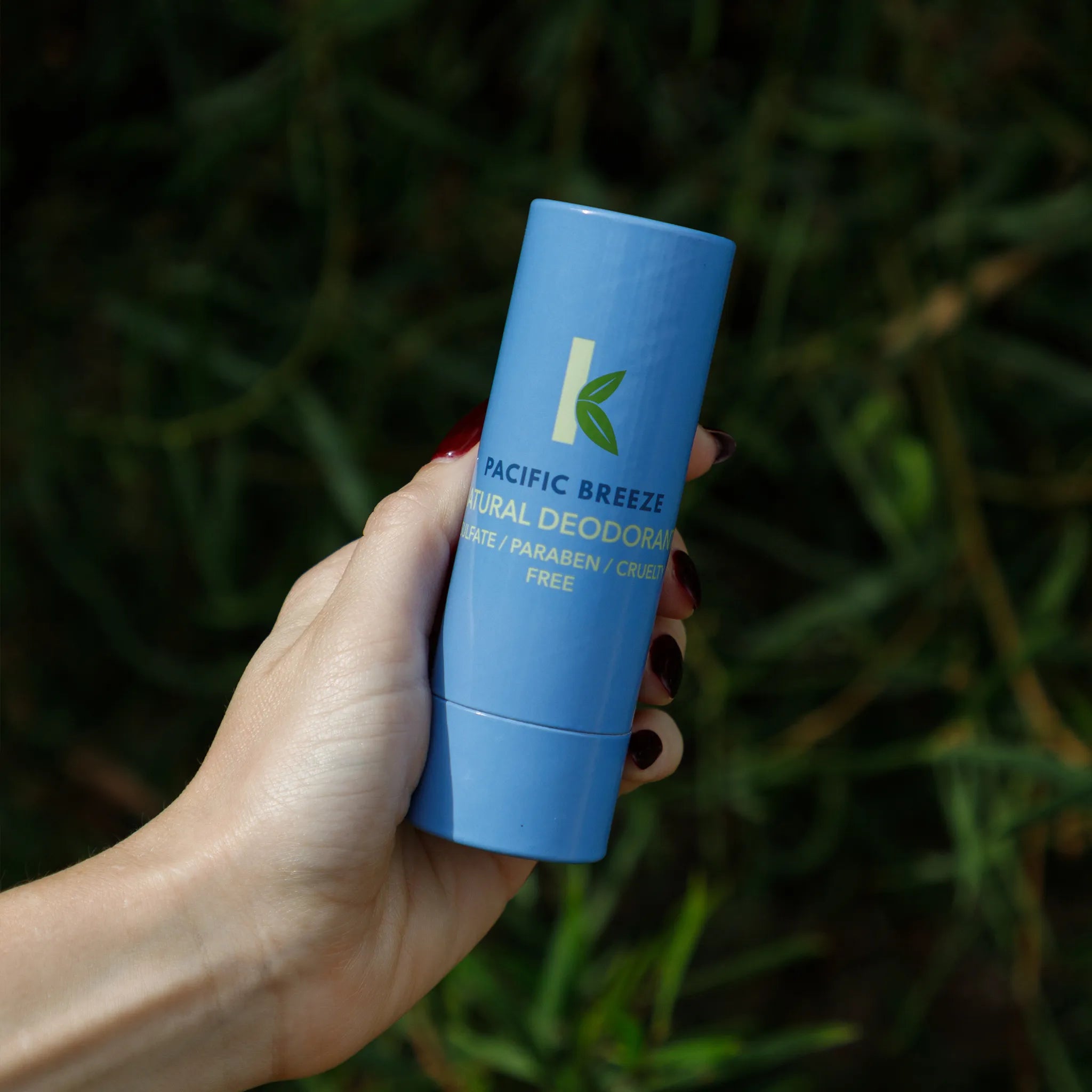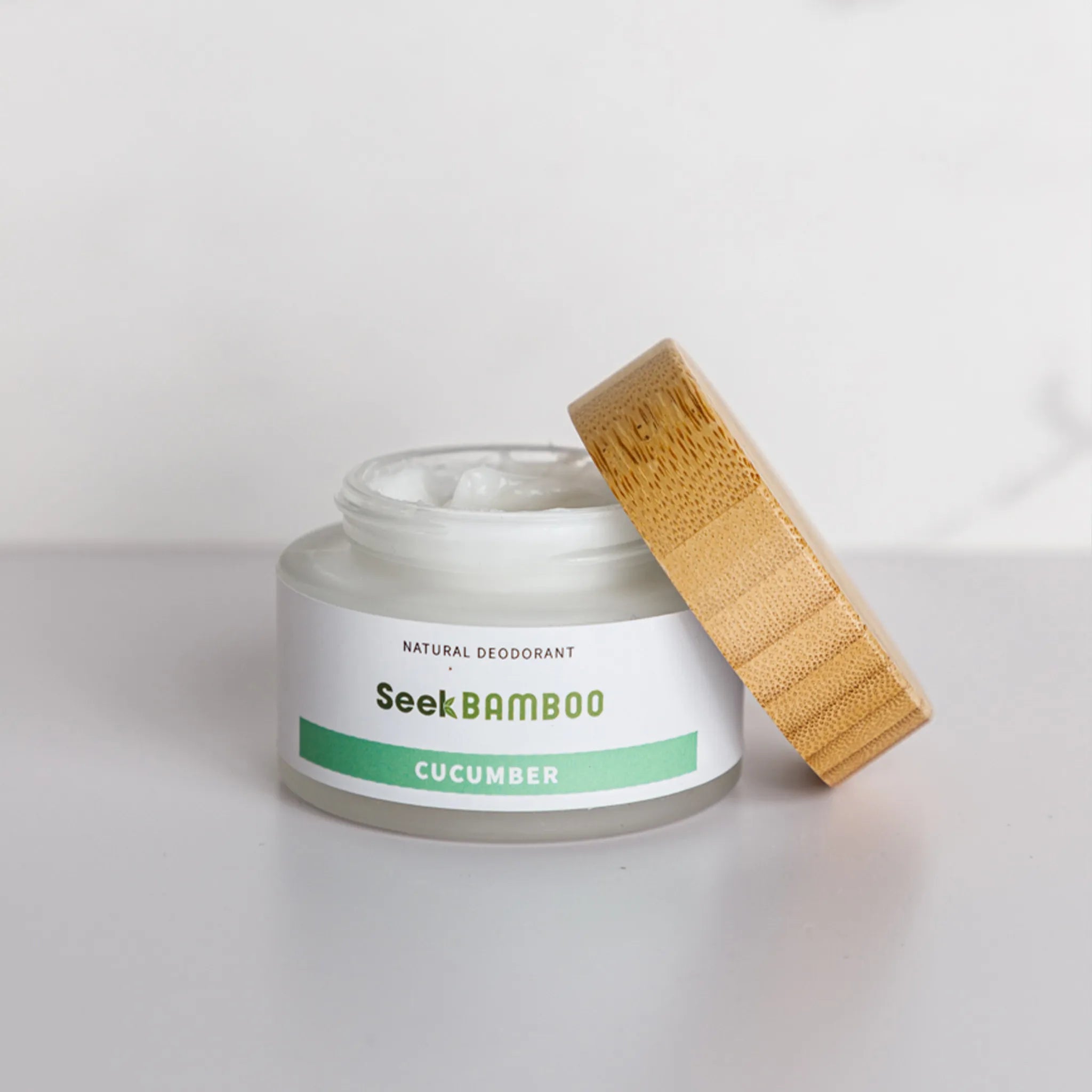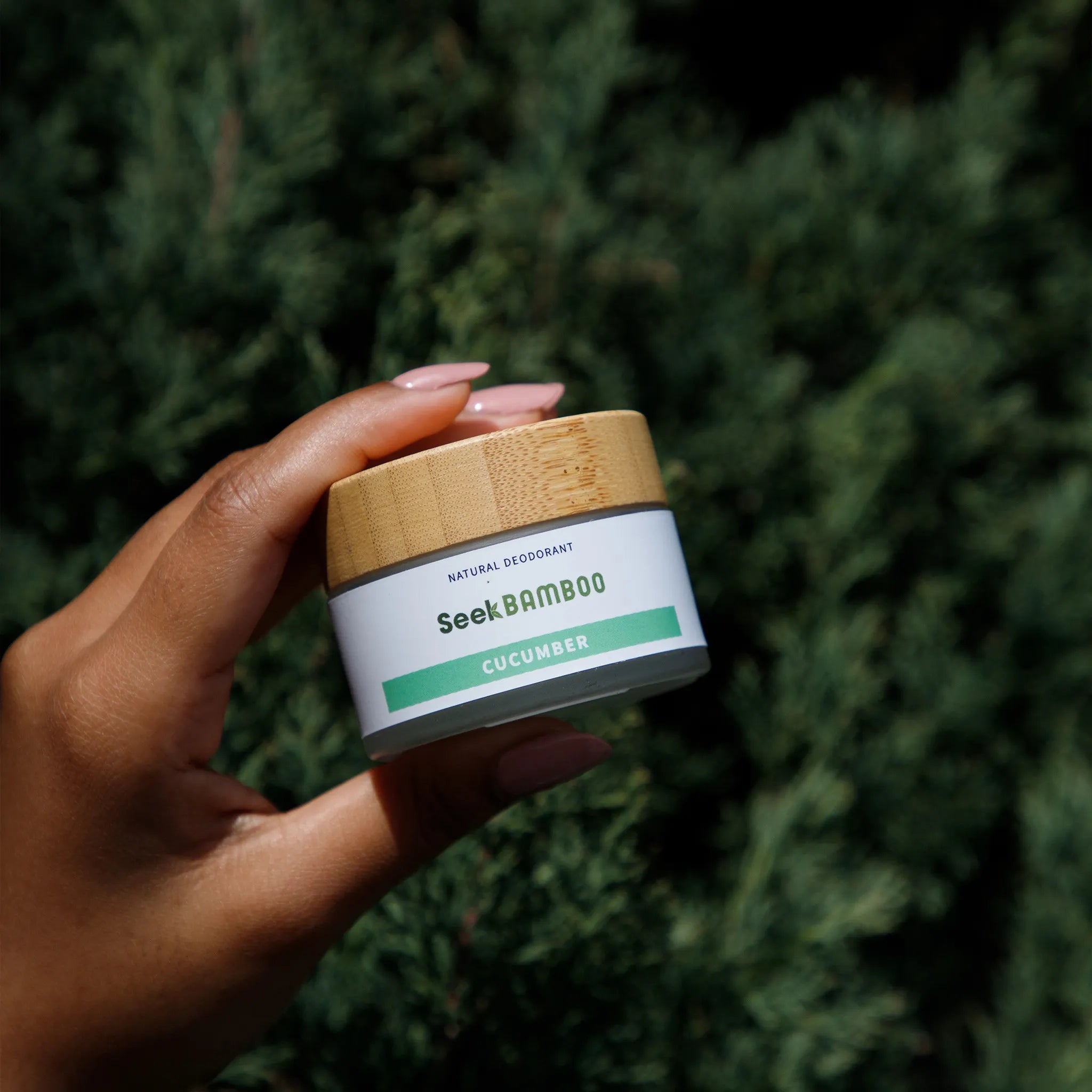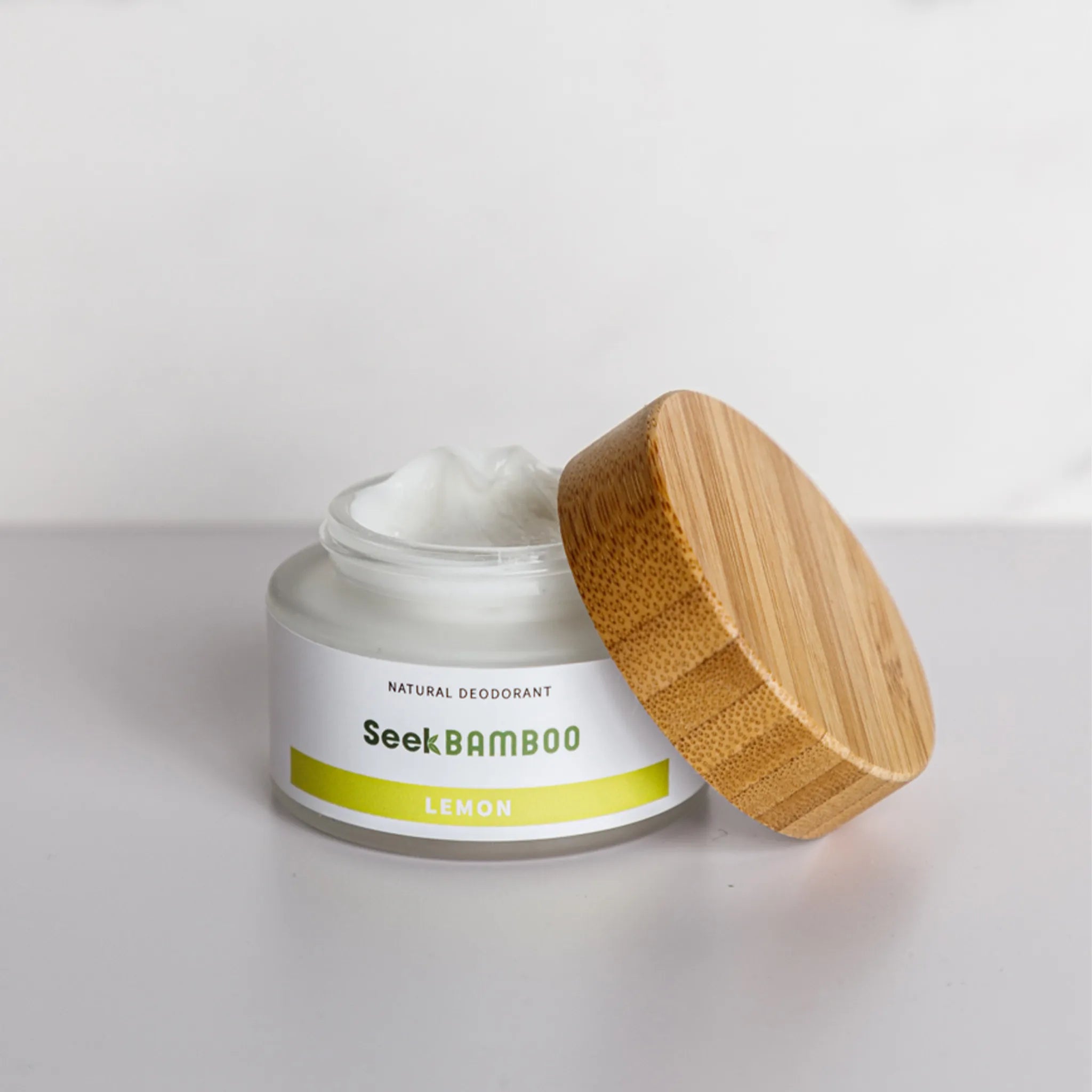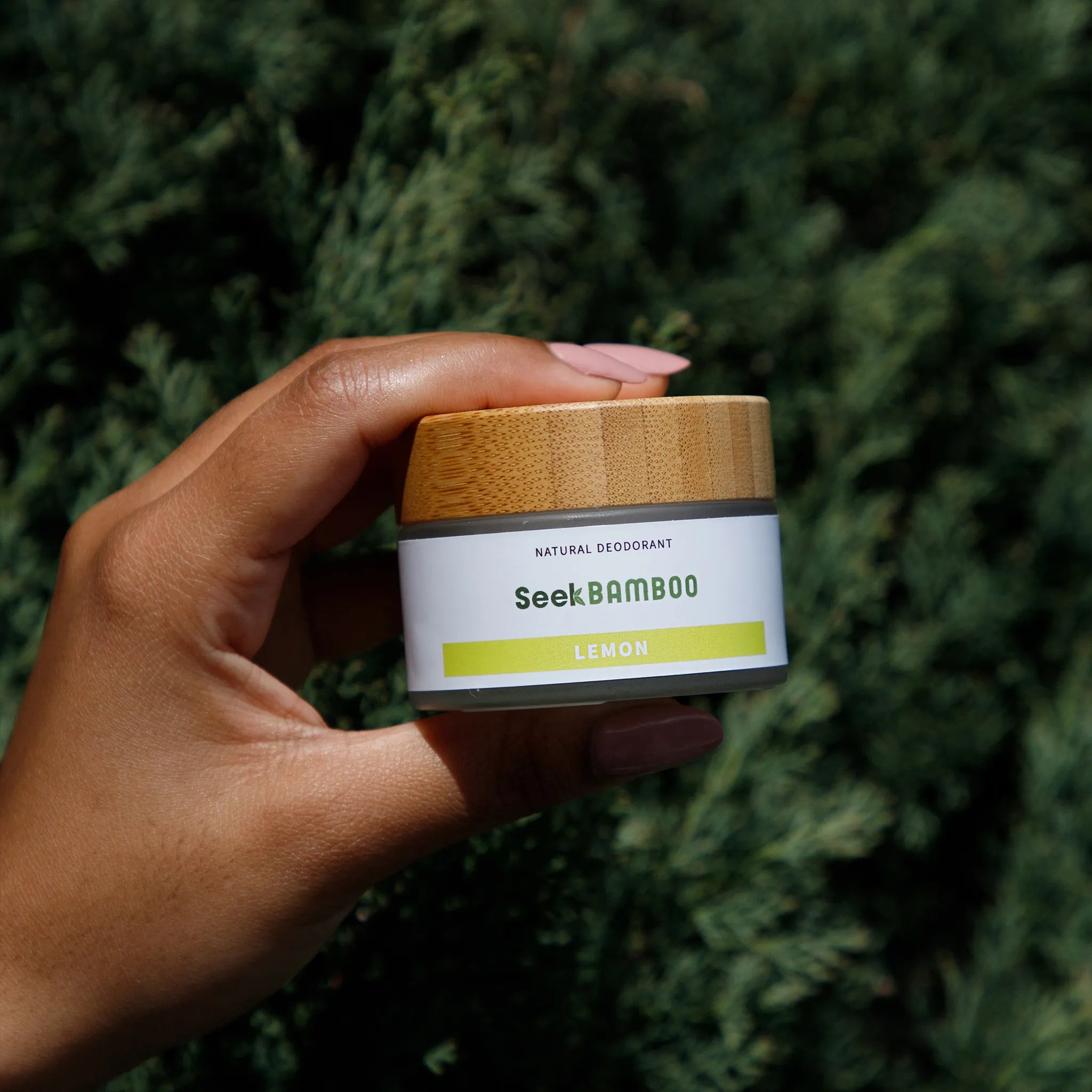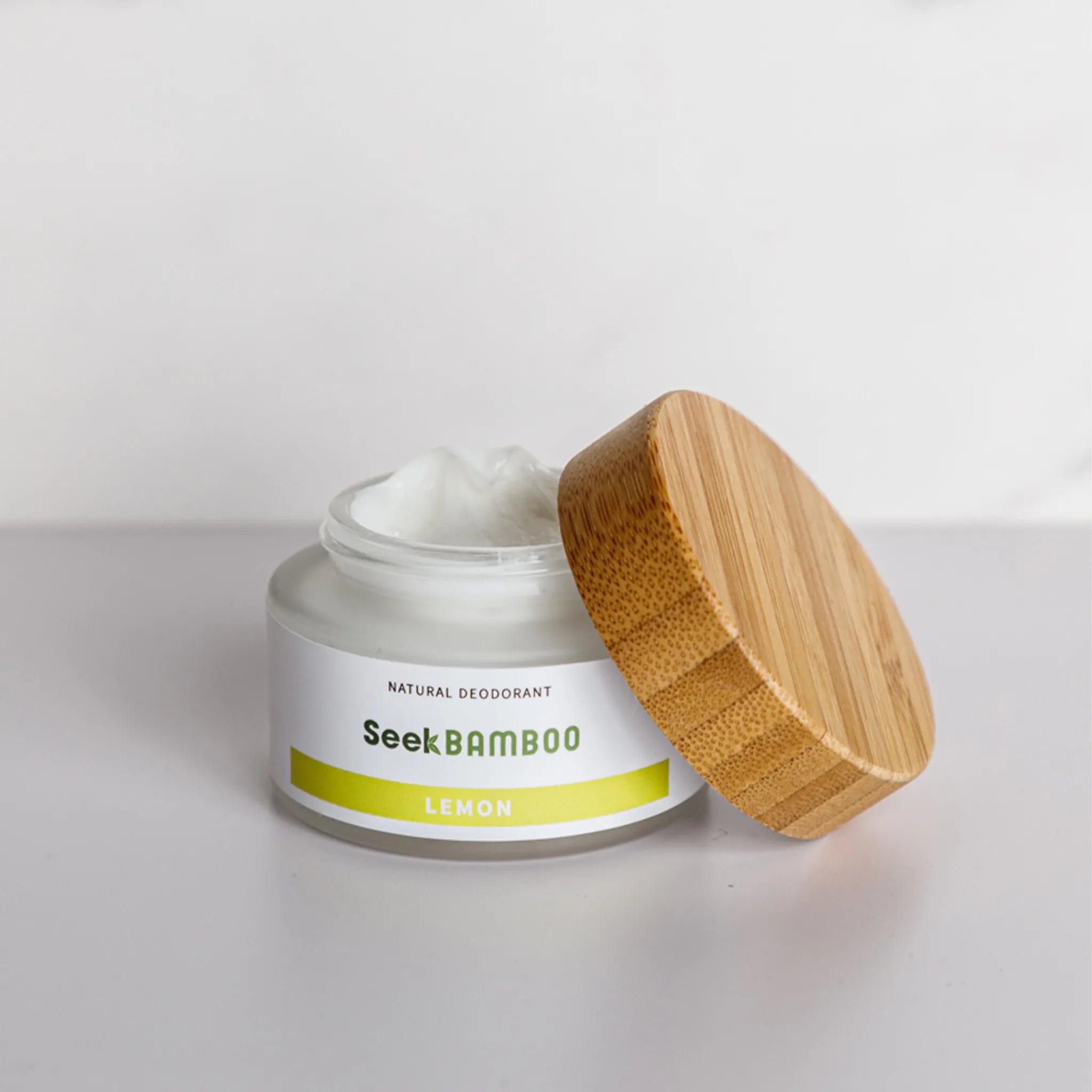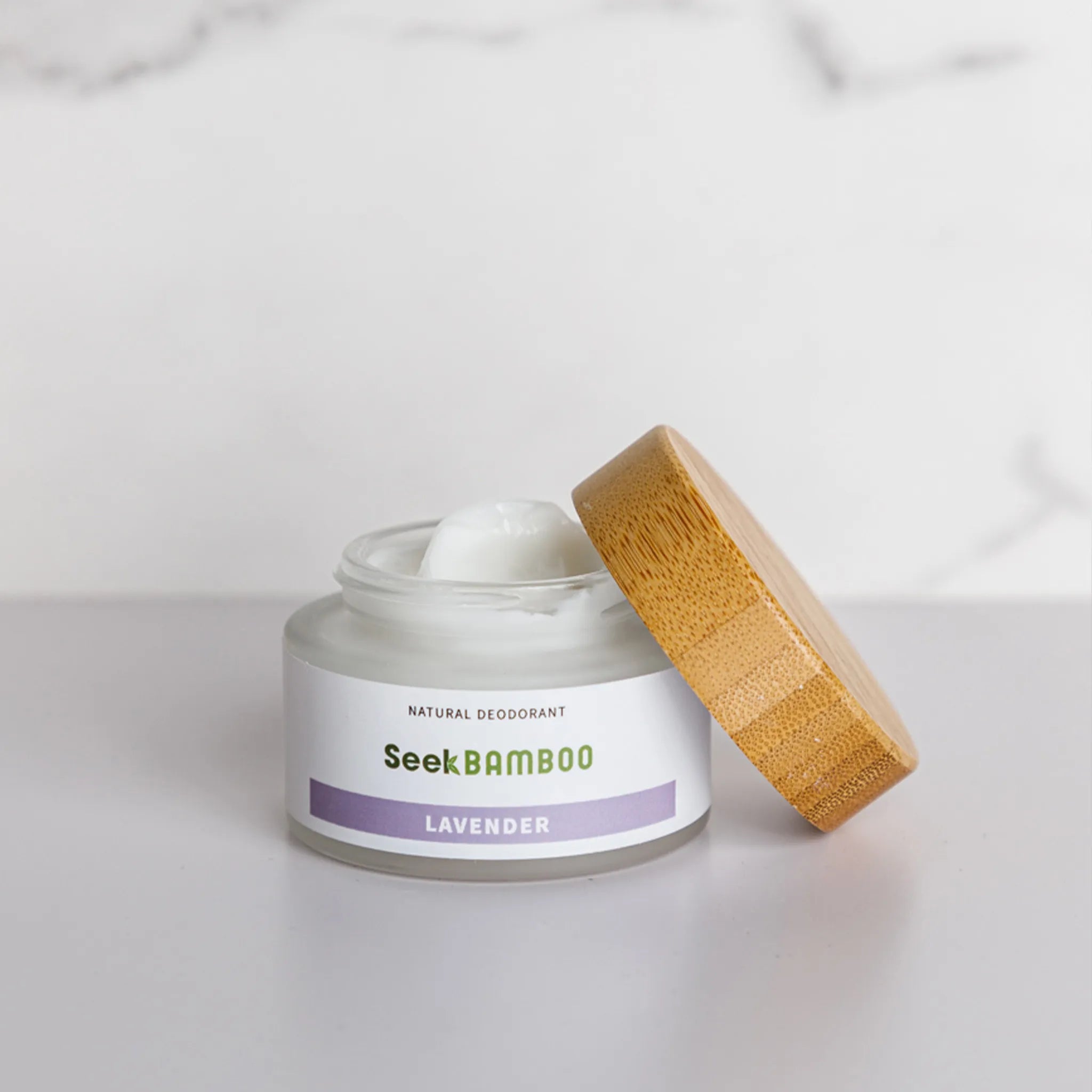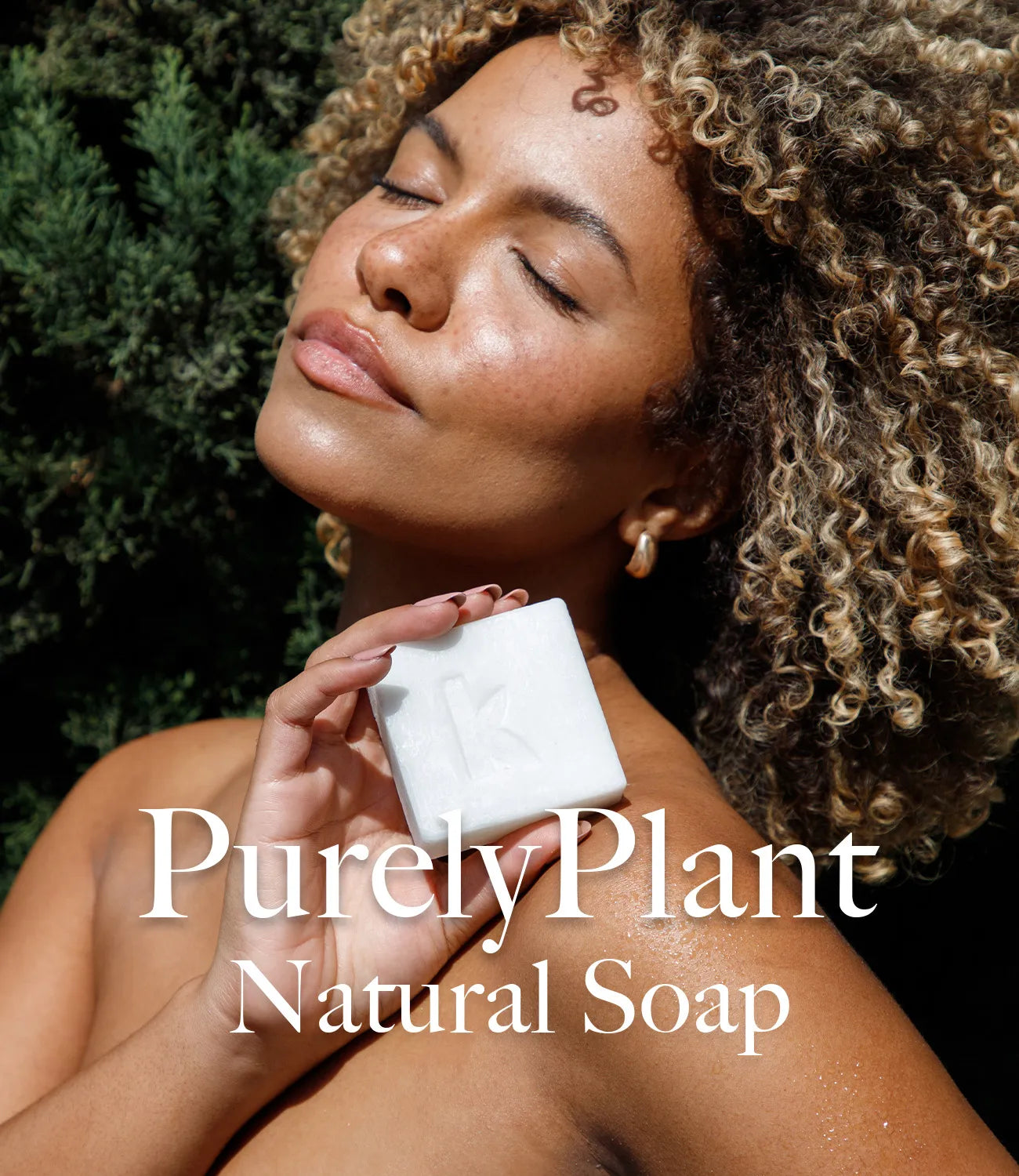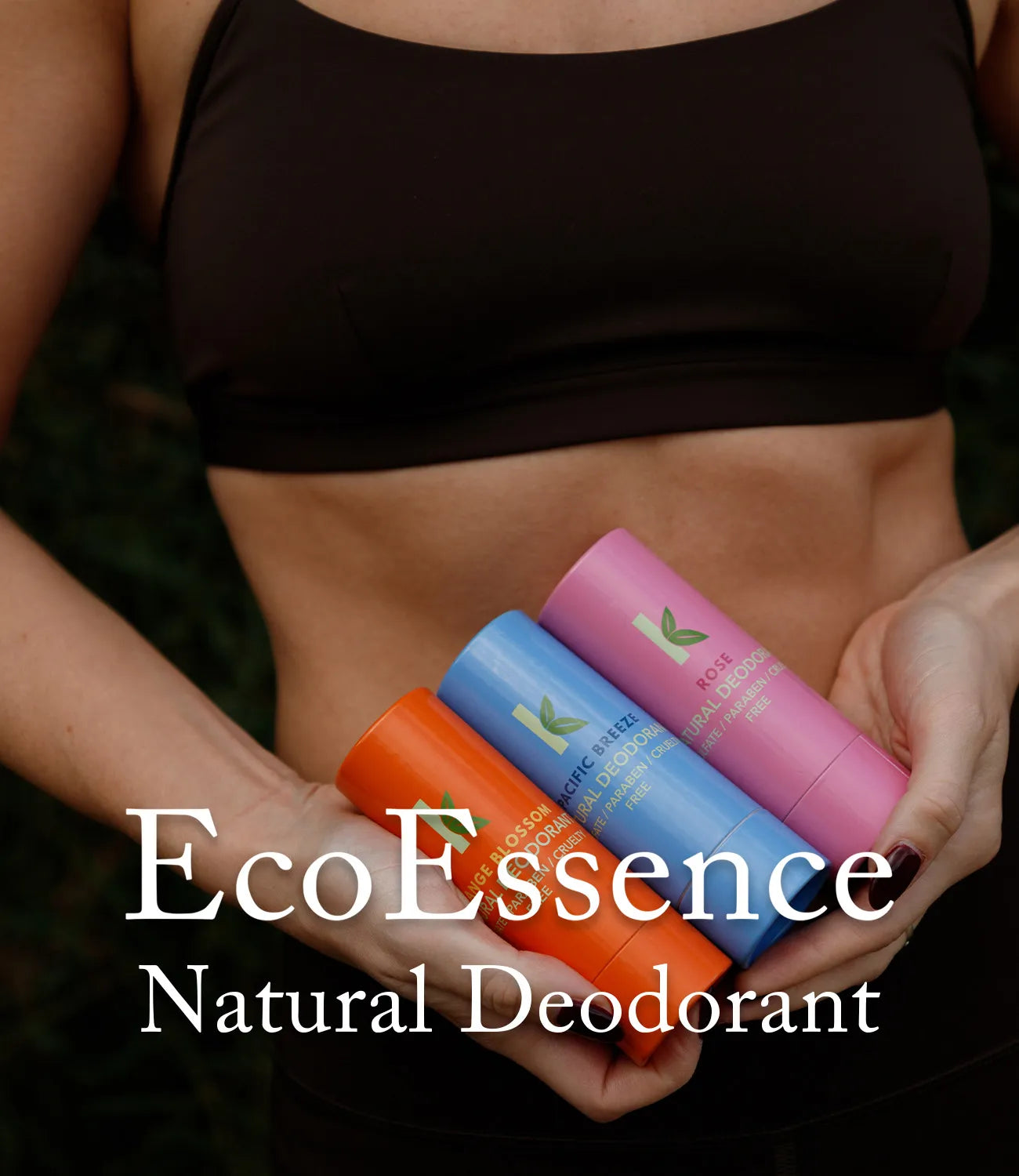Benefits Of Aluminum Free Deodorant
Embarking on a journey towards healthier skincare choices, this blog delves deep into the world of aluminum-free deodorants, a realm where wellness meets daily necessity. In recent years, a growing awareness about the ingredients in our personal care products has sparked a significant shift towards more natural options, particularly in the realm of deodorants. This post aims to unravel the intricacies of aluminum in traditional deodorants, shedding light on potential health implications and the myriad of benefits offered by their aluminum-free counterparts. We'll explore how switching to an aluminum-free formula can be gentler on your skin, reduce health risks, and even make a positive environmental impact. This comprehensive guide will not only debunk common myths surrounding the effectiveness of aluminum-free deodorants but also highlight the power of natural ingredients used in these formulations. For those curious about personal experiences, we'll weave in testimonials and insights from users who've made the switch, providing a real-world perspective. Additionally, we'll offer practical tips for transitioning to aluminum-free options and even dabble in DIY recipes for the adventurous spirits. Lastly, a thoughtful comparison with traditional deodorants will arm you with all the knowledge you need to make an informed decision. Whether you’re a long-time advocate for natural products or just beginning to question the contents of your deodorant, this blog will serve as your guide to understanding and embracing the benefits of going aluminum-free in your daily routine.
Why Is Aluminum In Deodorant?
Understanding why aluminum is a common ingredient in many deodorants, we must explore the interplay between chemistry and consumer expectations in personal care product formulation. Aluminum-based compounds like aluminum chlorohydrate or aluminum zirconium are integral in deodorants primarily for their antiperspirant properties. These compounds create a temporary blockage in the sweat ducts on the skin's surface, effectively reducing sweat output. This action is highly valued in deodorant products because sweat, although odorless itself, can foster bacterial growth on the skin, leading to body odor. By limiting perspiration, aluminum-based antiperspirants thus minimize the opportunity for this bacterial breakdown and subsequently reduce odor. Additionally, the incorporation of aluminum in deodorants meets a longstanding consumer preference for products that tackle not just body odor but also sweat reduction. This preference is especially pronounced in certain social and professional contexts where less sweating is deemed desirable. Despite its effectiveness in these roles, the use of aluminum in deodorants has raised concerns regarding potential health risks and skin irritation, spurring a trend towards aluminum-free alternatives. This trend signifies a growing inclination towards personal care products that are not only effective but also align with a more natural, skin-friendly, and environmentally conscious approach to everyday hygiene.
Aluminum-Free Deodorant
Why Is Aluminum In Deodorant Bad?
When considering the health implications associated with aluminum in deodorants, it's essential to navigate the intersection of dermatology, public health, and personal care science. Aluminum, the active ingredient in many antiperspirants, has been scrutinized due to concerns about its potential health impacts. One of the primary concerns is skin irritation. For some individuals, aluminum compounds can cause skin discomfort, leading to redness, itching, or swelling, particularly in those with sensitive skin or allergies to metal.
Beyond skin irritation, there has been ongoing debate in the scientific community about whether aluminum in deodorants could be linked to more serious health issues. Some studies have explored possible connections between aluminum compounds and breast cancer, as well as a potential link to Alzheimer's disease. The hypothesis is that aluminum could be absorbed through the skin or enter the body through nicks caused by shaving. However, it's crucial to note that these studies have not conclusively proven a direct causal relationship, and more research is needed to fully understand these potential risks.
Another point of consideration is the role of aluminum in disrupting the natural process of sweating. Perspiration is a natural bodily function that aids in temperature regulation and the removal of toxins. By blocking sweat glands, aluminum antiperspirants alter this natural process, which has raised questions about the long-term implications of hindering the body's ability to regulate itself and expel toxins through sweat.
Amidst these concerns, many consumers are turning towards aluminum-free deodorants as a precautionary measure. These alternatives focus on odor control without interfering with the body's natural sweating process, offering a more harmonious approach to personal hygiene. This shift underscores a growing emphasis on not just the effectiveness of personal care products but also their long-term health implications, reflecting a more holistic view of health and wellness in today's society.
The Benefits of Aluminum Free Deodorant
Aluminum-free deodorants stand out for their skin-friendly benefits, offering a gentler approach to daily hygiene, particularly appealing to those with sensitive skin. Without aluminum, which can cause irritation and clog pores, these deodorants minimize the risk of skin discomfort, redness, and rashes. They often contain natural ingredients like shea butter, coconut oil, and essential oils that not only combat odor but also nourish the skin, maintaining its natural balance and health. This makes them an ideal choice for people prone to dermatological issues or who prefer a more natural skincare routine. Addressing the common misconception about their effectiveness, aluminum-free deodorants have come a long way in terms of formulation. Advances in natural chemistry have led to the development of products that effectively neutralize body odor without relying on aluminum. Ingredients such as baking soda, activated charcoal, and mineral salts are frequently used for their natural absorbent and antibacterial properties, targeting odor-causing bacteria directly. These innovations ensure that choosing an aluminum-free deodorant doesn't mean compromising on odor protection. On the contrary, it offers a way to stay fresh while being kind to your skin and embracing a more natural approach to personal care.
Eco-Friendly Aluminum-Free Deodorants
Choosing aluminum-free deodorants from Seek Bamboo offers a commendable blend of environmental responsibility and skincare mindfulness. These deodorants are not only formulated with natural, sustainable ingredients but also come in entirely plastic-free packaging. This commitment to eco-friendly practices extends from the choice of gentle, earth-derived components that reduce the exposure of our ecosystems to harmful chemicals, to the innovative, zero-waste packaging that sets a new standard in the personal care industry. By avoiding plastic, Seek Bamboo contributes to a significant reduction in plastic pollution, a critical issue for our planet's health. The biodegradable or fully recyclable packaging aligns with a sustainable lifestyle, supporting the principles of a circular economy where waste is minimized. Opting for these deodorants is more than a personal care choice; it's a statement of environmental stewardship, reflecting a dedication to nurturing both personal and planetary well-being.
Deodorant Without Aluminum
The Aluminum Deodorant Detox
Transitioning to aluminum-free deodorants is a noteworthy step in embracing a more natural approach to body care, and understanding the adjustment your body will undergo is important. Initially, when you switch from a traditional antiperspirant to an aluminum-free deodorant, you may experience what is commonly referred to as a detox phase. This period is characterized by your body's adaptation to the natural way of sweating and odor regulation.During this detox phase, it's not unusual to observe an increase in perspiration. This increase is simply your sweat glands resuming their natural function, which was previously inhibited by aluminum. Alongside this, there might be a temporary change in body odor. This is your skin's microbiome adjusting to the absence of aluminum and reestablishing its natural balance. This process is a positive sign that your body is embracing the natural ingredients and returning to its innate rhythm of perspiration.It's important to note that this transition period varies from person to person. While some may adjust quickly, others might take a few weeks. During this time, patience and understanding with your body are key. Remember, by choosing an aluminum-free deodorant, you're not only making a decision that's better for your skin and health but also opting for a product that aligns with a more sustainable and eco-friendly lifestyle. As you move through this transition, keep in mind the long-term benefits of this switch – a commitment to natural care and a healthier approach to personal hygiene.
Stay Fresh, Ditch the Aluminum!
Fun and Funk-Free FAQs About Your New Favorite Deodorant
Why is aluminum used in deodorants?
Aluminum compounds are used in deodorants for their effective antiperspirant properties. They work by temporarily blocking sweat glands, thereby reducing sweat and controlling body odor.
What are the concerns with using aluminum in deodorants?
The main concern to why aluminum in deodorant is bad includes potential skin irritation, especially for those with sensitive skin, and the hypothesized links to health issues like breast cancer and Alzheimer's disease, although these links have not been conclusively proven.
Can aluminum in deodorants be absorbed into the body?
There is some debate about the extent to which aluminum in deodorants can be absorbed through the skin. While the skin generally acts as a barrier, minor absorption could occur, especially in areas with broken skin, such as from shaving.
What are the benefits of using an aluminum-free deodorant?
Benefits include reduced risk of skin irritation, avoiding the potential health risks associated with aluminum, and allowing the natural process of sweating, which is essential for temperature regulation and toxin release.
Do aluminum-free deodorants effectively control odor?
Yes, many aluminum-free deodorants are effective at controlling odor. They use alternative ingredients like baking soda, essential oils, and plant-based compounds to neutralize odor-causing bacteria.
Will I sweat more using an aluminum-free deodorant?
You might notice an increase in sweat since aluminum-free deodorants don't block sweat glands. However, sweating is a natural bodily function, and these deodorants can still effectively manage odor.
How long does it take to adjust to an aluminum-free deodorant?
It can vary, but many people report a transition period of a few weeks. During this time, your body adjusts to sweating more naturally and the new deodorant formula.
Are aluminum-free deodorants better for sensitive skin?
Often, yes. Aluminum-free deodorants are typically formulated with more natural ingredients, which can be gentler on sensitive skin.
Are there any environmental benefits to using aluminum-free deodorants?
Yes, aluminum-free deodorants often have less environmental impact. They frequently use more natural ingredients and sustainable packaging.
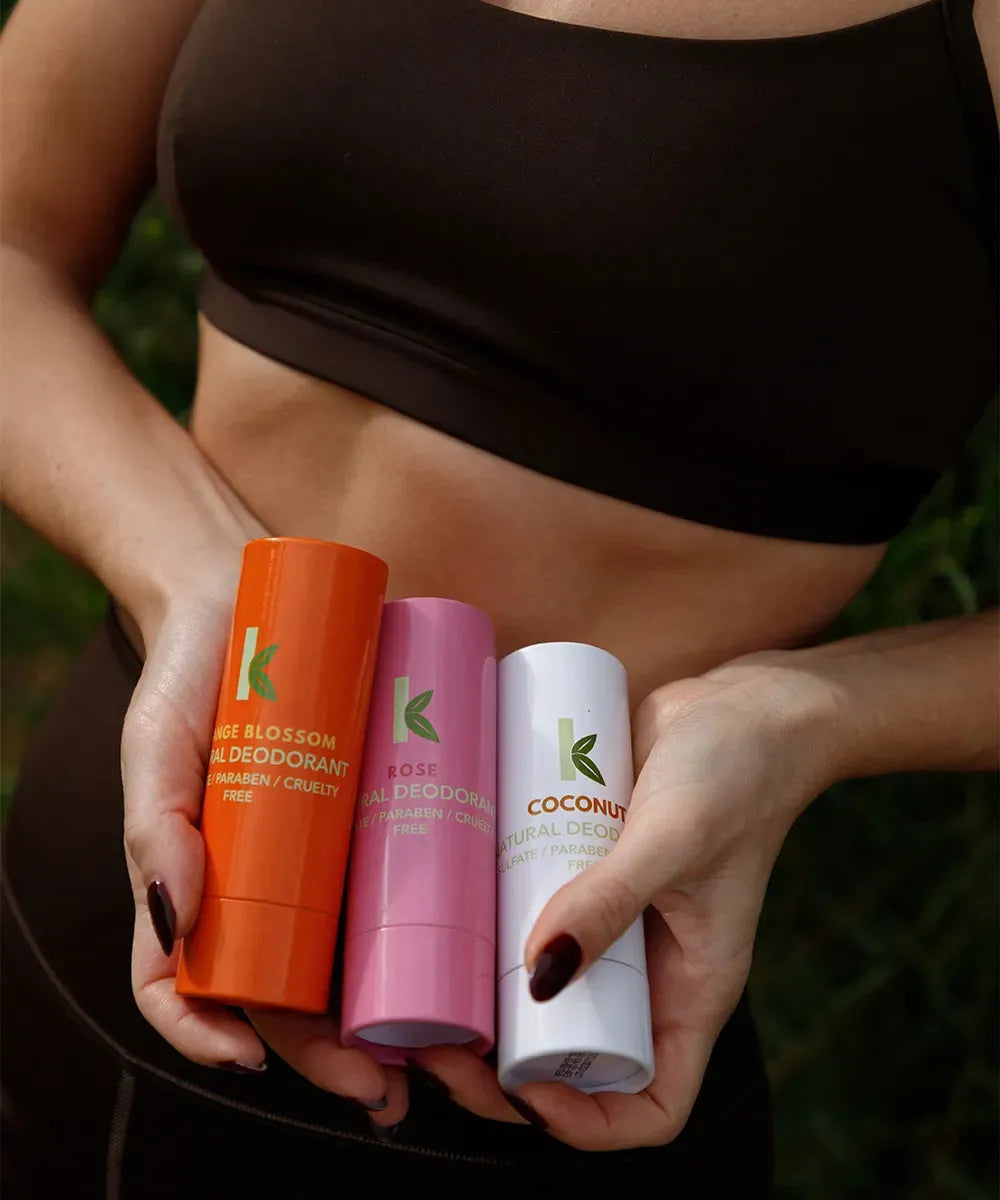
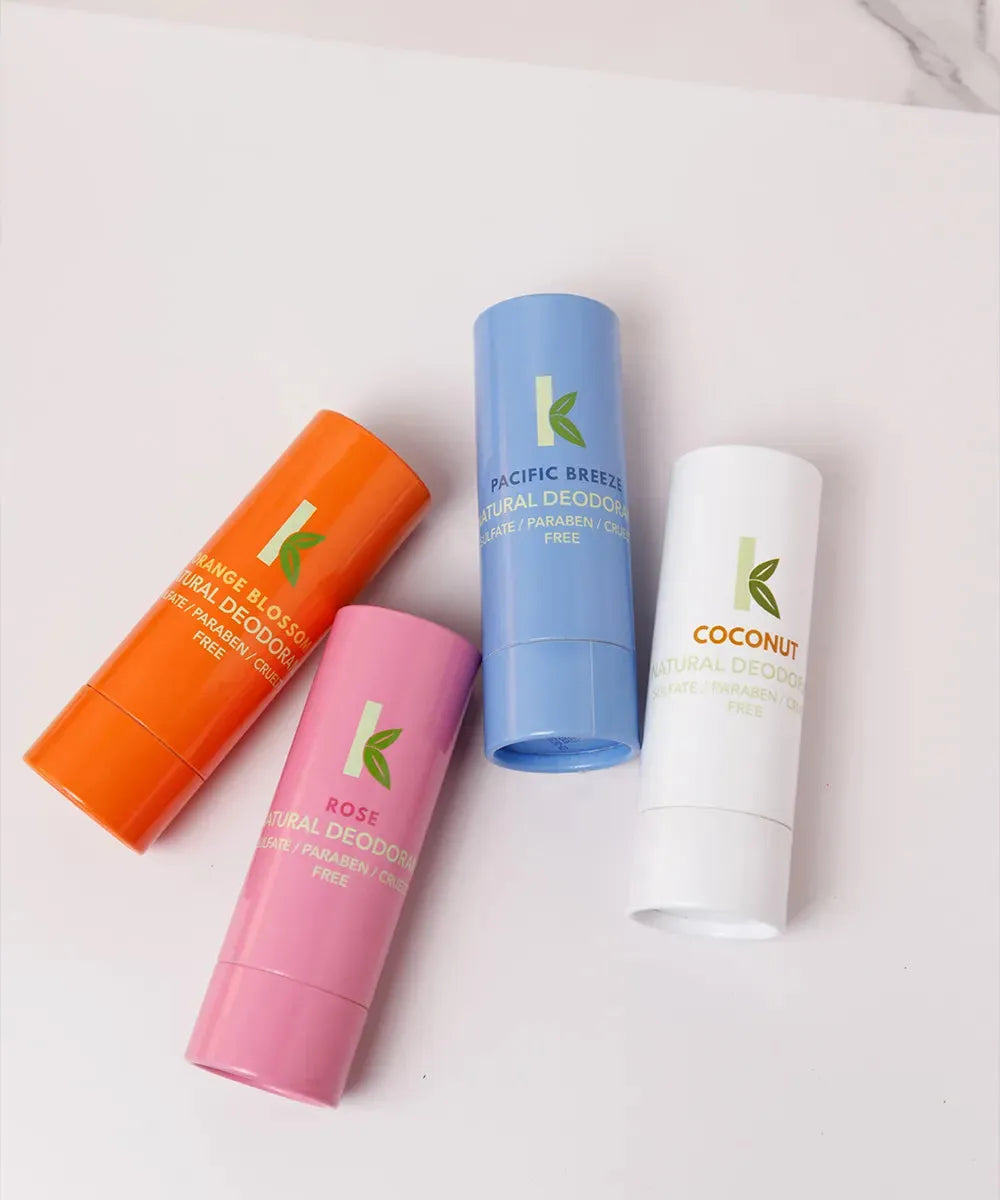

Unlock a deodorant that’s as gentle as it is effective. Take our quiz to find your perfect aluminum-free match, designed to keep you fresh without compromising your skin’s health.
Discover YOUR Deo Match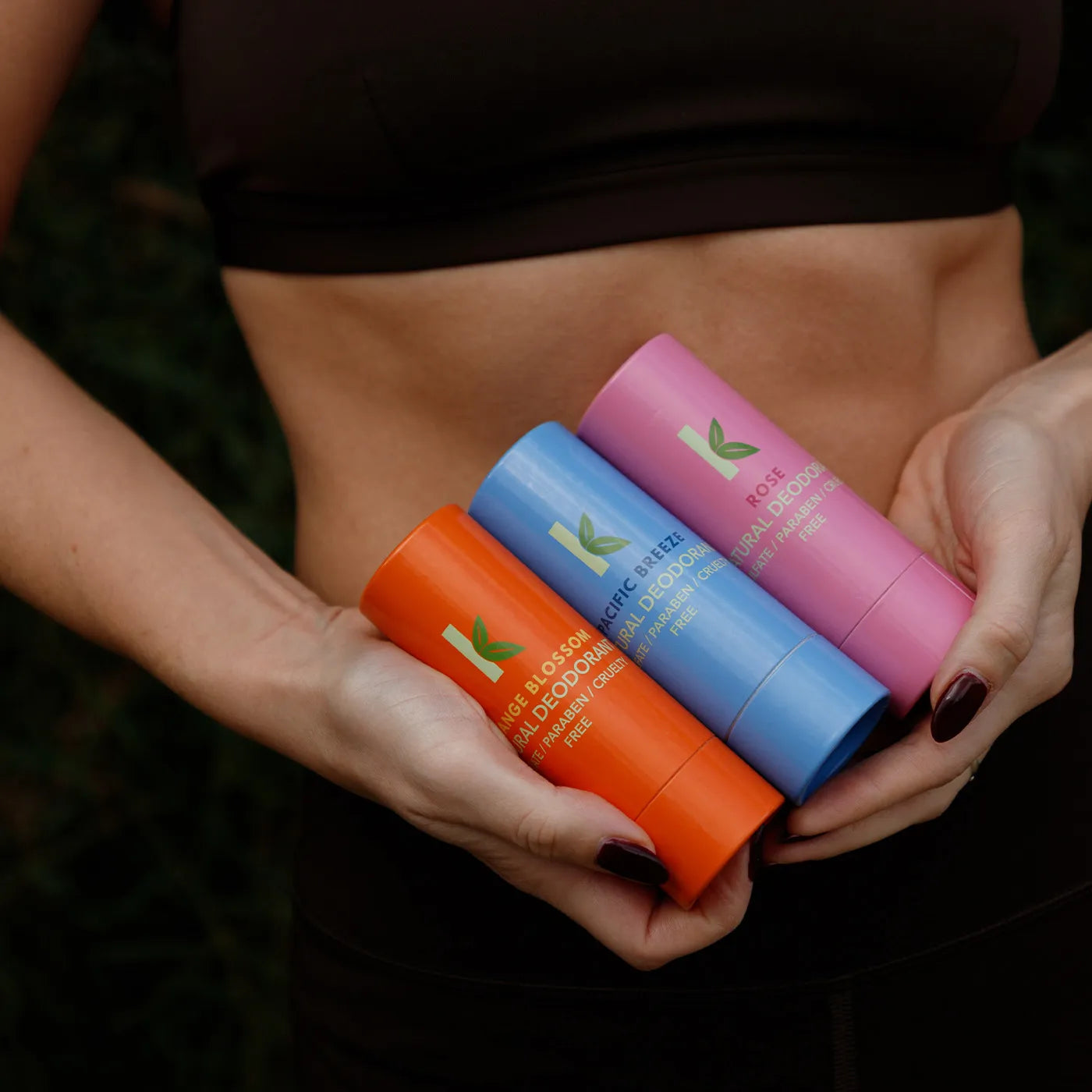
Benefits Of Natural Deodorant
Discover the amazing benefits of natural deodorant and why making the switch to aluminum-free options can improve your health. Embrace a fresher, more natural you!
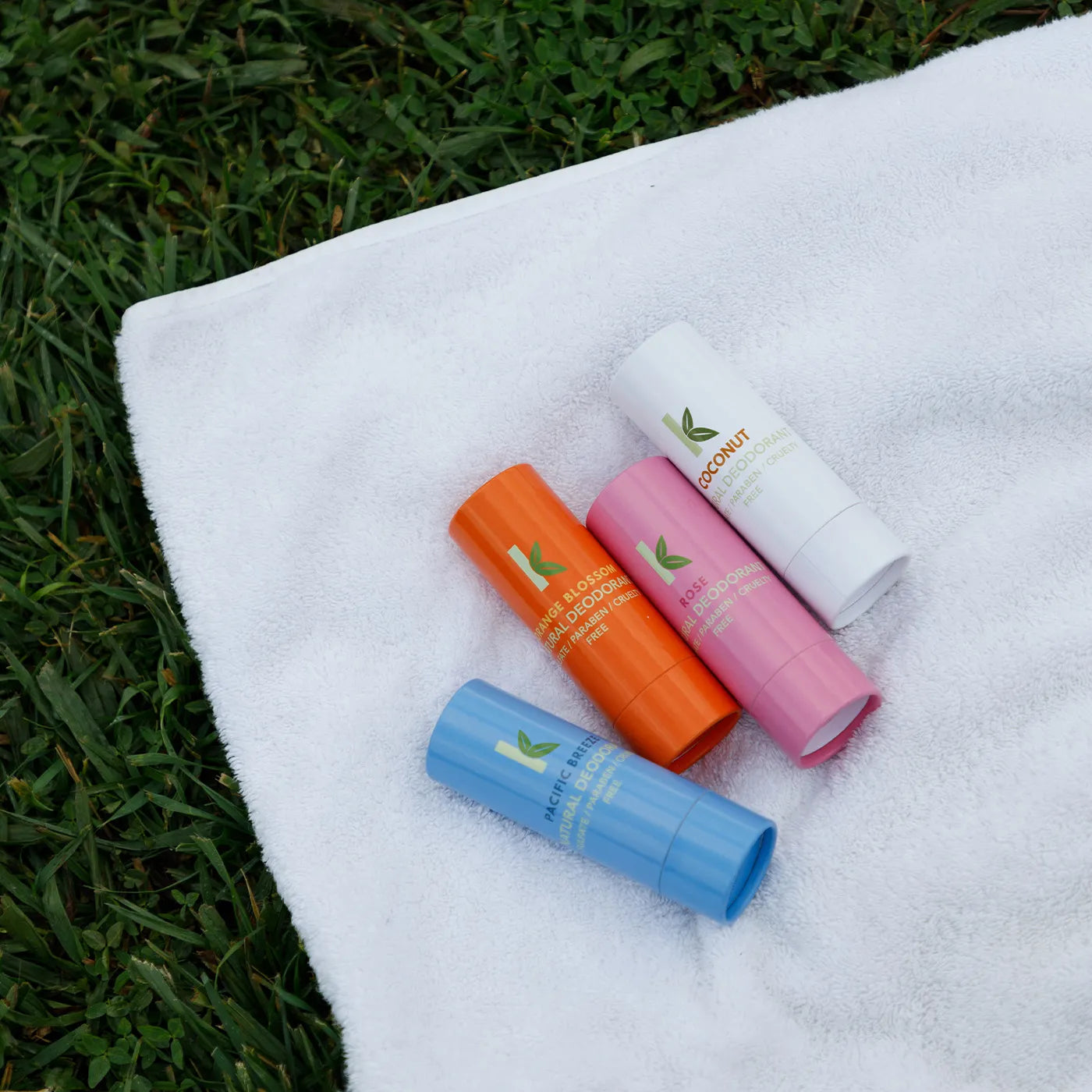
Why Plastic-Free Deodorant?
Curious about why plastic-free deodorant is the better choice? Explore the benefits of aluminum-free, eco-friendly options that are gentle on skin and the planet.


